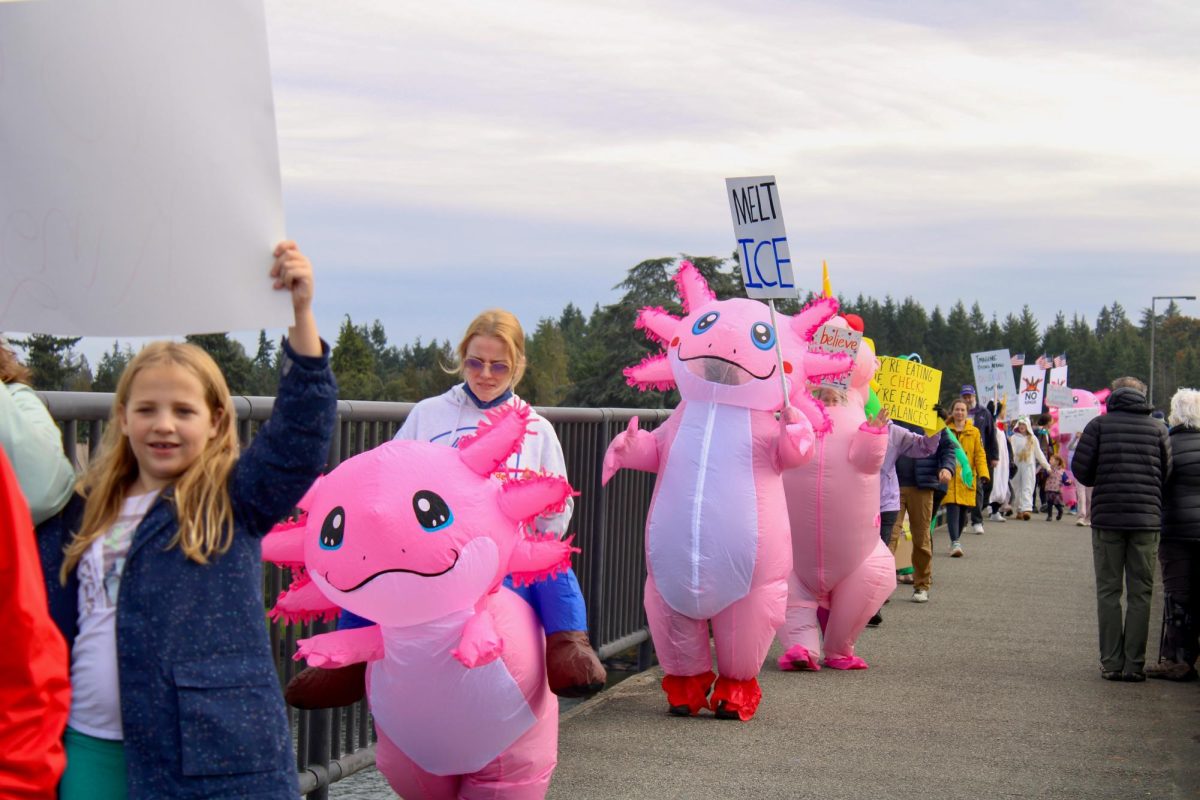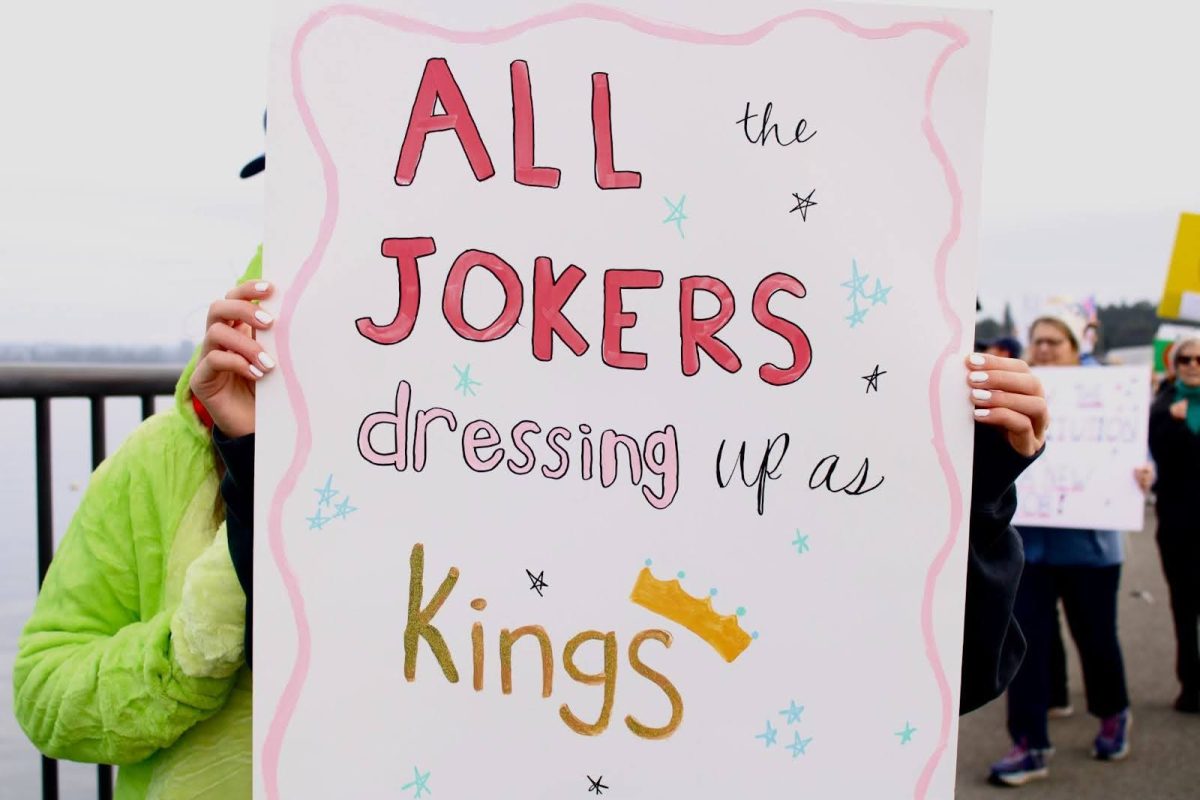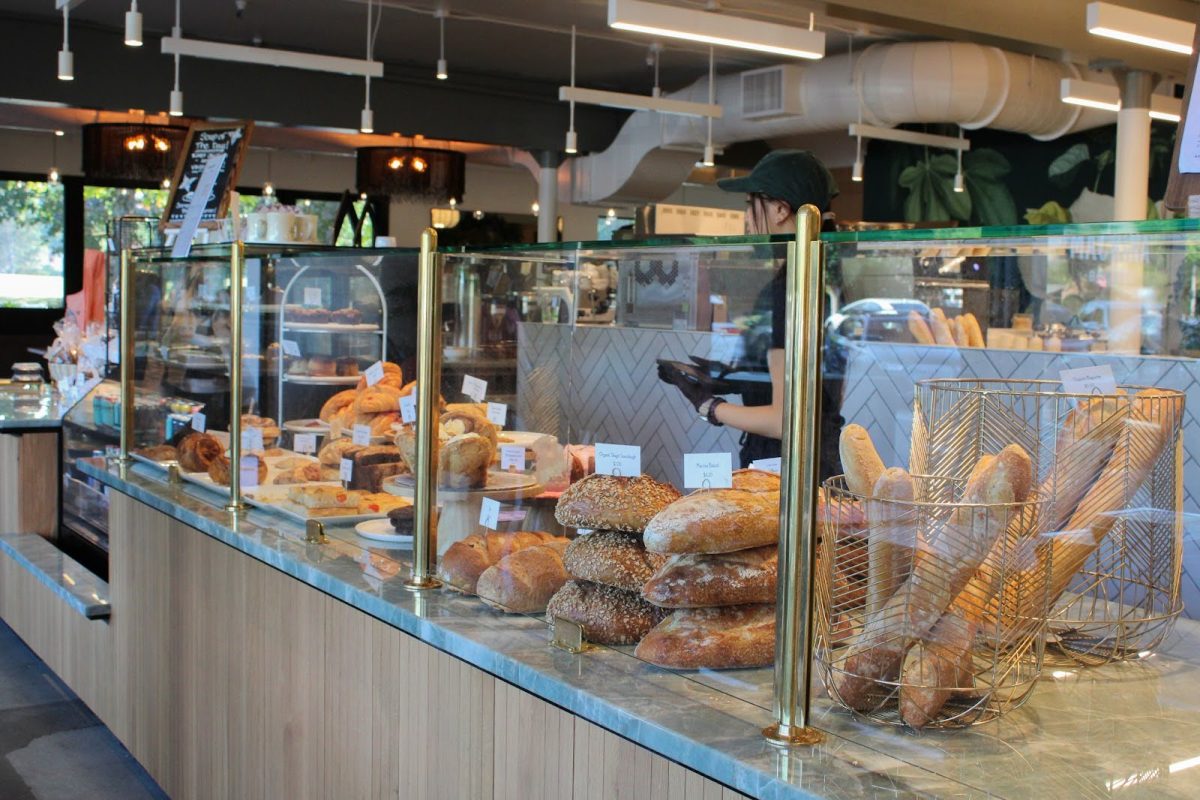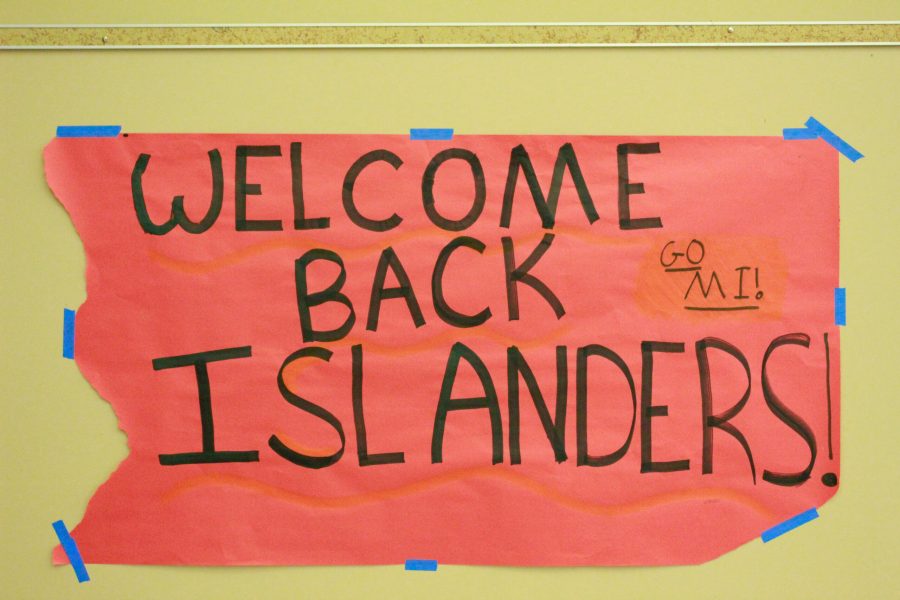
Teenagers are often susceptible to making impulsive decisions based on their peers’ expectations, often resulting in unexpected, potentially dangerous consequences.
“Roughly between 12 and 24, the brain goes into this different period of development… and it makes you feel more emotional; it drives you to belong to groups other than your family,” said R&R Counselor Caleb Visser. “It can feel just absolutely vitally important that you belong to some sort of group as a teenager.”
The vast majority of teenagers experience this development. Peer pressure, or social pressure, is something that influences people to make decisions they would not have made on their own. A desire to belong to a group of friends can be so strong that it may feel fatal if a different choice than your peers is made, which can be either positive or negative depending on the situation.
“Teenagers [are] incentivized… to do daring things,” Visser said. “Most of the time that works out fine but some of the time it doesn’t.”
A tragic example of these negative consequences occurred when a MIHS student, Laura Wallace, died in 2001. R&R Counselor Chris Harnish, who has been at MIHS for 26 years, recalled this incident well.
“She and a bunch of friends had left school and so they had a couple hours during a block and there [were] people getting together,” Harnish said. “[They were] drinking, and there was some kind of an argument; emotions were running high. My understanding is that she left and was emotional, had been drinking, was driving too fast, and ended up getting into an automobile wreck and lost her life.
A memorial in the courtyard is dedicated to Wallace’s life. It reads, “Nothing can hold forever… even the most hearty rock will someday break like a fragile glass upon the cement of life, reminding me of a once everlasting love.” The quote was written by Wallace herself.
To avoid making rash decisions or recognize being pressured into an uncomfortable situation, Harnish recommends stepping out and looking at the bigger picture.
“I think it’s about defining for yourself what your goals are and steps that you need [to take] to get there,” Harnish said. “[Have goals like] being aware that certain decisions can start to close doors for you… being true to who you are and what you’re about, and letting friends know that, and being assertive.”
These goals may certainly be easier said than done. So to reach them, first it needs to be possible to change your behavior. Visser contributed a strategy based on an approach from cognitive behavioral therapy.
“The approach would be, ‘OK, what are the thoughts associated with this emotion?’” Visser said. “The thoughts are sometimes like, ‘Well, I have to do this because I have to belong–whatever.’ And you just want to kind of notice the thinking and be able to challenge the thinking a little bit, and then if you can do those two usually you can change your behavior.”
If found in a situation where someone may make a decision that they wouldn’t normally make on their own, this strategy may help them take a step back.
It is, however, important to recognize the positive side of being a teenager and have fun in this period of life. Teenagers should not take for granted the fact that this time is a chance to take chances, learn from mistakes, and create new experiences.
“There’s something really fun about being this age,” Visser said. “As adults, we say, ‘Oh teenagers, they’re crazy, they’re out of control, whatever.’ I think sometimes we miss feeling that way… I think adults feel like their lives are kind of routine, right? And miss it a little bit.”















julia • Mar 3, 2023 at 1:10 pm
Amazing job Kira! I learned so much more about the truth of peer pressure in high school.